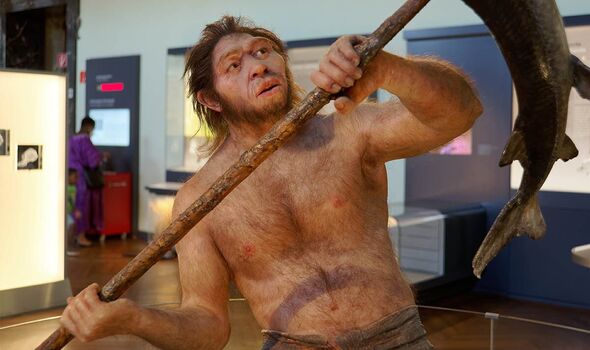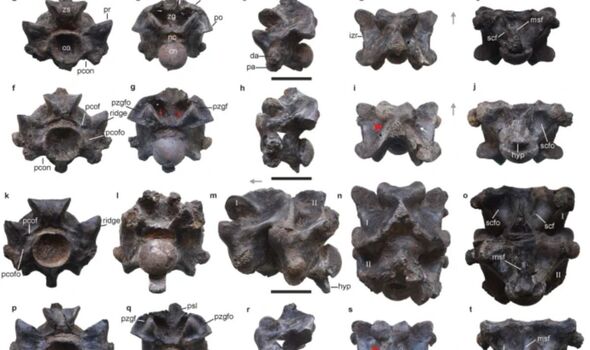
Europe Ticking All the Wrong Boxes Starts Mirroring Japan
September 30, 2014
Europe ‘risks dividing science and development policy’
September 30, 2014Carlos Moedas, the Portuguese Commissioner-designate for Research, Science and Innovation, sailed through his confirmation hearing in the European Parliament today (30 September), sweeping aside criticism that he helped implement one of the toughest austerity programmes during the eurozone crisis.
Moedas struck a chord with lawmakers by drawing on his personal experience as an exchange student, in order to plead for more EU cooperation in science and research.
A former investment banker at Goldman Sachs, who helped implement painful economic reforms in Portugal in exchange for the country’s EU/IMF bailout, Moedas instantly won backing from MEPs when he referred to his personal background as an Erasmus student.
“Erasmus was the defining moment of my life and the defining moment of so many in my generation,” said an emotional Moedas, explaining he was among the first in his country to benefit from the programme.
The Portuguese official said he gained “a totally new perspective on what it means to be a European” during his time as an Erasmus student in France, where he started his career as a civil engineer and met his future wife.
He also spoke about how Portugal had “benefitted immensely from the instruments of European solidarity” and the “unique European values and culture that we must preserve for our children.”
“My story is a European story,” he said, adding that he wanted to “give back to Europe what Europe has given me over the years”.
‘I was often in disagreement with the Troika’
During the hearing, the Portuguese official came under fire from MEPs who queried his role in implementing the tough reforms that were demanded of Portugal in exchange for the EU/IMF bailout plan.
“I’ve always understood how hard the programme was,” said Moedas, who holds an MBA from Harvard and worked for two years at Goldman Sachs, drawing criticism from leftist activists.
But Portugal “needed to restore its credibility” on the credit markets, he argued.
He said he was “often in disagreement with the Troika” and called for greater democratic scrutiny over how such programmes are implemented.
Turning to his Commission portfolio, he highlighted three priorities:
- Enhancing “the framework conditions”
The first priority is to strengthen the “framework conditions” for research and innovation at European level in order to “develop the full potential of European science and innovation”.
“We can achieve so much more if we have a growing capacity to attract global talent,” Moedas said, speaking of the need to promote “excellence” in research and innovation policy.
The Portuguese official said he would work to complete the European Research Area (ERA), a programme launched at the turn of the century to better integrate Europe’s research and innovation efforts and improve the mobility of researchers across the EU.
“We must finalise ERA and accelerate the innovation union,” Moedas added, saying he would seek to integrate science and research policies in the so-called European “semester” of budget coordination and vetting.
- Delivering on Horizon 2020
The second priority is to ensure the €80 billion Horizon 2020 programme for research is implemented “in the most effective and efficient way”.
A key area will be to pursue the “simplification agenda” for Horizon 2020, Moedas said, referring to the administrative burden placed on research projects benefiting from EU funding. Red tape should be kept to the minimum, he stressed, saying the simplification agenda was “an ongoing process” that will require continuous attention during the next five years.
But to deliver on its goals, Horizon 2020 had to “tackle the challenges faced by citizens” and wider society, Moedas said, pleading for research efforts to “focus on energy efficiency, low-carbon energy and especially renewables”.
Developing innovative financial instruments, especially for SMEs, will be a key part of the challenge, he argued.
- Excellence in research
The third priority for Moedas will be to” defend the value of excellence in science and research,” which rests on the “creative freedom” of scientists. Fundamental research “is the stream that leads to the rivers of technology creation,” pleaded the Portuguese Commissioner-designate.
Moedas said he was a “strong supporter of the European Research Council (ERC),” which “will help build a new generation of talented researchers”.
Responding to MEP questions in the QA session, the Portuguese official called for a stronger alignment of national research agendas, saying it was a major bottleneck in the completion of the European Research Area.
“We need to try to tackle duplication, fragmentation, so we have to do it.”
Other bottlenecks include the recruitment of young scientists in research centres and fighting against the “gender imbalance” in research which is creating “unfair” discrimination.
A roadmap will be presented at the end of 2015 to complete the European Research Area (ERA). “I will be ferocious in making sure this roadmap is implemented,” Moedas promised.
Responding to a question about Europe’s low rate of conversion from research to innovation, including on patents, Moedas underlined the need to “look at new indicators of output”, saying the future was about results, not inputs.
“When you look at the iPhone, you don’t know what’s behind in terms of frontier research,” Moedas stated towards the end of his hearing. “Politicians should focus on ‘the last mile’ of the product but we should overlook frontier research as the basis of these innovations,” he argued.
Energy: agnostic on shale gas and nuclear, bullish on renewables and efficiency
Questioned about EU support for shale gas, Moedas took a cautious stance, saying “the energy mix is the choice of each country” and not something for the European Commission to decide on.
“In terms of shale gas, the way I see it is that research is about giving answers as to the potential. But what are the real risks? We have to do more research because we have to be very careful.”
The role of science, he said, it to look at both potential and risks, so that EU countries can make an informed decision.
On nuclear power, he took a similarly agnostic stance, saying Europe’s role could be boiled down to a few words: “safety, safety, safety, safety”.
Turning to energy, Moedas argued the focus should lie on agreed priorities, like energy efficiency and renewables, which are already part of the 2020 objectives for energy and climate change.
On renewables, he said Europe “can get it cheaper” thanks to EU research programmes. “We’re talking about renewables, we’re talking about efficiency, we’re talking about storage,” he added, saying the solution to move those technologies forward was “to do more research”.
The Portuguese official was repeatedly queried about the absence of sustainability matters in his mission letter and the written responses he gave to MEPs prior to his hearing.
Moedas’ answer was dismissive. “I probably didn’t use the word because it’s all over my mind. Green growth should be one of the areas where Europe is and will be the leader. Green growth is about economic growth too. If you don’t grow in a sustainable way, don’t even bother. I’m sorry if I didn’t refer to this word but it’s on my mind.”
Funding
A recurring question during the hearing related to funding available for research and innovation, with several MEPs questioning the fragmentation of research funding opportunities across different programmes – whether regional policy, Horizon 2020 or others.
“What’s missing is to be able to find ways with the structural funds,” Moedas replied, saying about €100bn is available under EU regional development programmes for science and innovation that can be used to “break the silos” between different EU funding schemes.
He also pinned hopes on the €300 billion investment plan announced by incoming Commission President Jean-Claude Juncker, promising to “fight my corner” for research to feature prominently in the Juncker plan.
“If confirmed, my function will be to try to be the person that will demonstrate that research, innovation and science are key cornerstones of future growth,” he said, underlining that 62% of growth in Europe had come directly or indirectly from innovation during the last decade.
Access to research capital by SMEs would also be among the areas Moedas said he wanted to “dig into” as Commissioner, citing funding available under the European Investment Bank as avenues to explore further.



